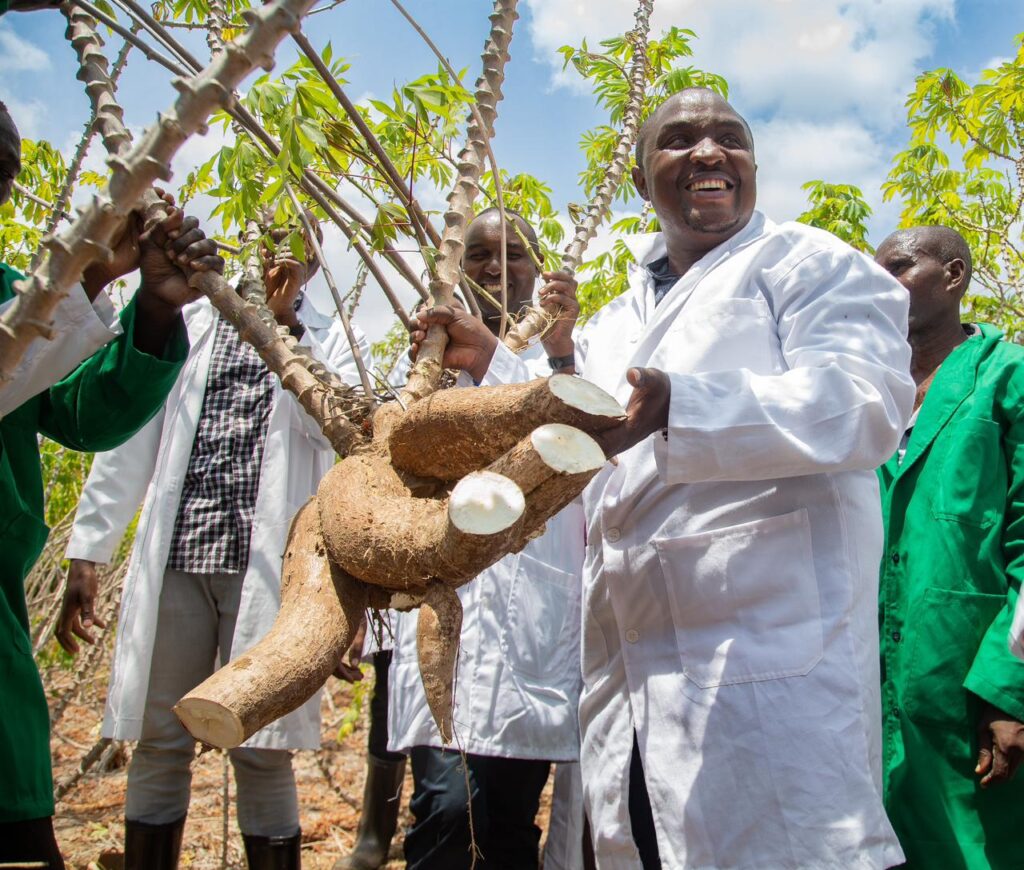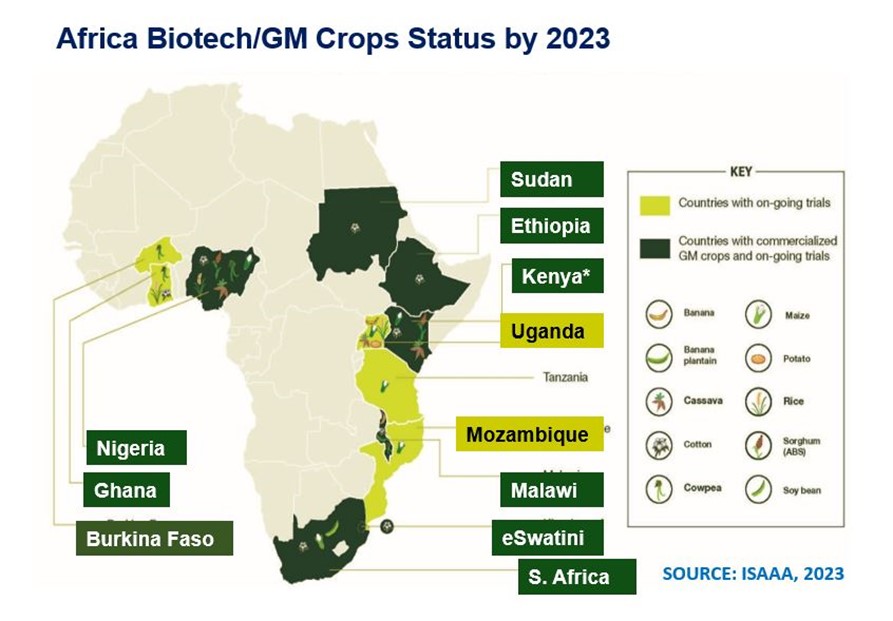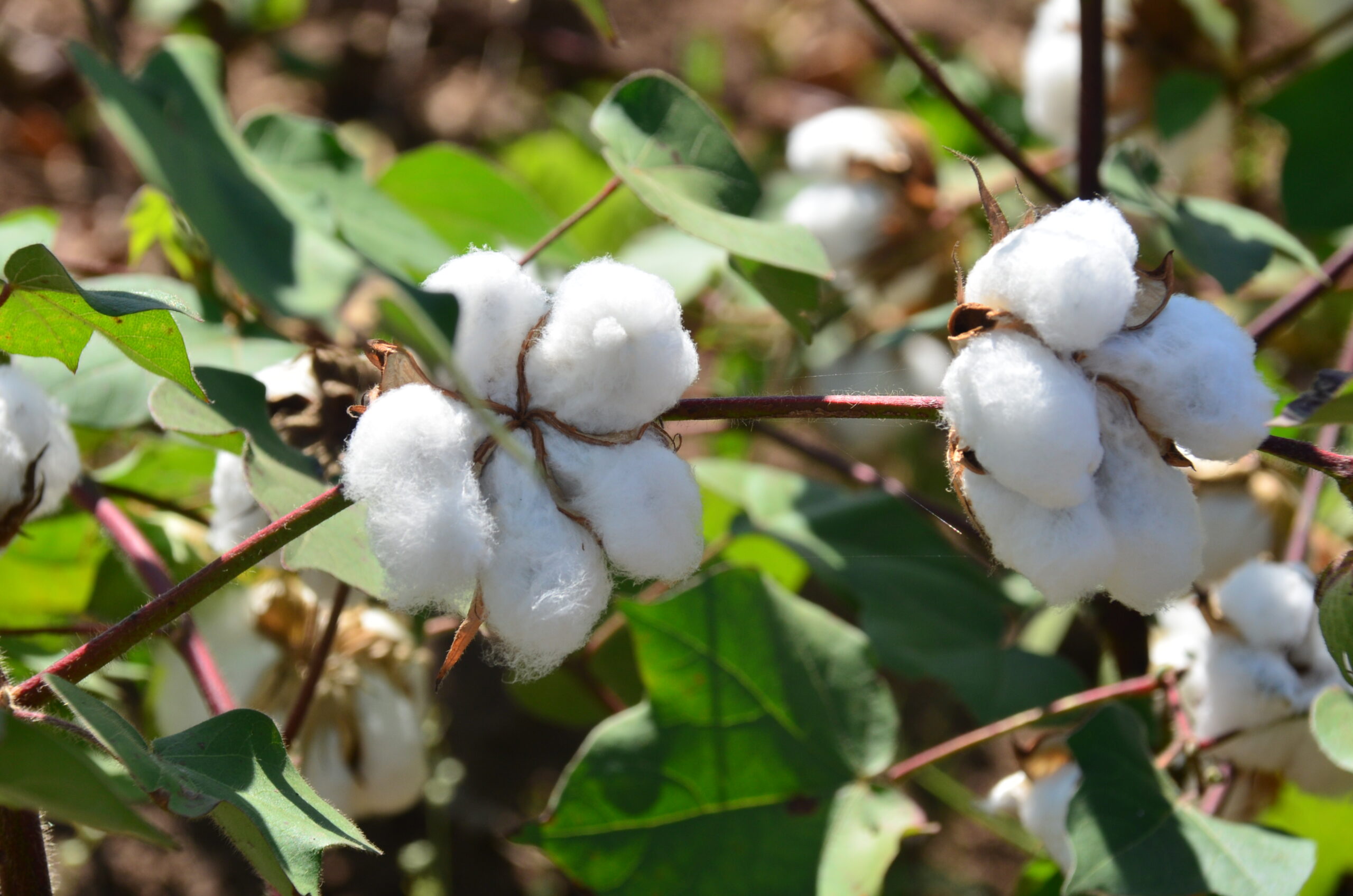In a landmark ruling, Kenya’s High Court, on November 7, 2024 dismissed a consolidated petition that sought to block the government from lifting the ban on the importation, cultivation, and use of genetically modified organisms (GMOs) in the country. High Court Justice Lawrence Mugambi stated that the issues brought forward by the petitioners had already been exhaustively addressed by the Environment and Land Court (ELC), making further examination unnecessary.
On October 12, 2023, ELC dismissed the case challenging the importation and cultivation of genetically modified (GM) crops, saying the government had taken appropriate measures to regulate their use in the country. The Environment Court ruled that it did not find any evidence to show that the respondents and the institutions named have breached the laws, regulations, and guidelines about GM foods, and in particular the approval of their release in the environment, cultivation, importation, and exportation of Bt maize
In the High Court ruling, Justice Mugambi emphasized that the ELC had examined multiple aspects of the GMO debate, including matters of public participation, the adequacy of existing GMO regulations, and the constitutionality of the original ban. “The Environment and Land Court went to great lengths to address various aspects that had been raised for lifting of the ban on GMO, including matters of public participation, access to information, whether the laws in place provide sufficient protection on GMOs, and whether the ban was unconstitutional,” Justice Mugambi explained in his ruling.
The petitioners argued that the ELC had overstepped its jurisdiction in its findings on the GMO ban. However, Justice Mugambi dismissed this argument as “untenable,” asserting that the High Court does not have the authority to question or reverse decisions made by the ELC, as it is a court of equal status. The ruling emphasized that the High Court could not review, direct, or supervise the ELC’s decisions, citing a past Supreme Court decision establishing that the High Court, the ELC, and the Employment and Labour Relations Court (ELRC) are of equal footing in Kenya’s judicial system.
“High Court, ELC, and ELRC are of the same juridical hierarchy and therefore are of equal footing and standing,” stated the ruling, quoting the Supreme Court decision. “It simply means that ELC and ELRC exercise the same powers as the High Court in the performance of judicial functions in specialized jurisdictions and are not the High Court.”
The ruling reinforces the independence and autonomy of specialized courts, affirming that issues already deliberated upon by the ELC in its jurisdiction over environmental and land matters do not fall under the High Court’s purview for re-evaluation. This decision marks a pivotal moment in Kenya’s GMO policy discourse and the country’s efforts to leverage biotechnology to develop climate-resilient, high-yield, and nutritious crops and livestock, all aimed at achieving food security amid the challenges of climate change.

How Did We Get Here?
On 3rd October 2022, the Cabinet lifted the 10-year ban on importation, cultivation and use of GM foods in Kenya thereby allowing any person wishing to deal in GMO or products derived therefrom to do so in fidelity to the guidelines of the National Biosafety Authority. Following the lifting of the ban, cases were filed in various courts, some of which were consolidated to form case, the Nairobi High Court Petition No. E475 of 2022, Paul Mwangi vs Hon. the Attorney General, hereunder referred to as E475.
This petition, filed on 13th October 2022 sought to overturn the Cabinet decision of October 3. 2022 on grounds that it is unconstitutional, as it, among other reasons, violates the principle of public participation, takes away the rights of small-scale farmers and usurps the mandate of the National Biosafety Authority. Shortly after the filing of this petition, on November 22, 2024, and in speculation that traders would embark on the importation of GMO products, another petition – Petition No. E519 of 2022 (Kenya Peasants League Vs Hon. the Attorney General & 3 Others) – sought conservatory orders against the Cabinet decision pending the hearing of Petition E475. The High Court granted ex parte injunctive orders prohibiting the Government from acting upon the Cabinet decision of 3rd October 2022. The Government of Kenya dissatisfied with this decision of the High Court to issue the Conservatory Orders filed an appeal at the Court of Appeal, seeking to set aside the orders. The court of Appeal is yet to provide directions on the appeal.
A suit filed March 2, 2023 at the Nyahururu Law Courts, later transferred to the Environment and Lands Court (ELC) of the Nairobi High Court had a significant outcome. In this suit, the Law Society of Kenya had filed a case in the Environment and Land Court in Nyahururu averring that the Cabinet decision would allow the environmental release of Bt maize MON 810 which would cause environmental damage. In a ruling on the case, Justice Oscar Angote, dismissed the petition, stating that the country has put in place a robust biosafety regulatory framework with inbuilt structures that must be met before they consider the use of GMOs ensuring the protection of both public health and the environment.
The Biosafety Act, 2009 restricts the sale, importation, and exportation of GMOs, and requires persons intending to sell, import or export GMOs into the country to seek written approval from the National Biosafety Authority (NBA). Failure to seek such approval is considered an offense under the Act and carries penalties of a fine not exceeding Sh20 million or imprisonment for a term not exceeding 10 years, or both. Justice Angote also underscored in particular the collaborative efforts between the NBA and the Department of Public Health, reinforcing the surveillance, prevention, and control of foodborne diseases. These institutions are crucial in safeguarding consumers’ health and the overall quality of food products.
Following a mention on February 5, 2024, parties in the E475 were required to file submissions with regards to the impact of ELC Judgement delivered in 2023 vis-à-vis the consolidated petitions on the matter before Justice Mugambi. The parties were further to appear physically before the court on May 29, 2024, where they were required to indicate to the judge matters in E475 that were distinct form the matters addressed in the ELC ruling, on which the court would be required to weigh in on and render verdicts. In essence, the matters of importance are freedom of conscience; right of access to information; right to food of acceptable quality; and presence of sufficient regulations.
Kenya’s Crop Biotech Landscape
Kenya has a robust, science-based biosafety framework anchored in the Biosafety Act of 2009. Following the enactment of this Act, the National Biosafety Authority (NBA) was established in 2010 to oversee and implement the framework, supported by four specific regulations and a well-staffed authority.
Bt cotton remains the only crop approved for commercial cultivation in Kenya, commercialized March 2020. Owing to its allure and high productivity, more and more farmers in cotton growing regions have embraced the GM cotton. The cost of cultivating this improved crop is three times less than for conventional cotton due to less use of pesticides.
Bt maize now awaits placement having been given a greenlight by the National Variety Release Committee (NVRC). Two other food GM food crops – disease resistant cassava and GM potato – are currently being planted at the national performance trial fields and are now one step away from commercialization.
According to NBA, Kenya has approved 61 GM projects – 42 for contained use in the laboratory or greenhouse, 16 for confined field trials, and three for environmental release or commercial cultivation.
| APPROVALS ON GMOS | ||||
| Status | Contained use | Confined field trials | Import/ transit | Environmental Release |
| Approved | 42 | 16 | 28 | 3 |
| Rejected/withdrawn | 0 | 0 | 2 | 1 |
| Pending | 1 | 0 | 0 | 0 |
| Total | 43 | 16 | 30 | 4 |
Africa Crop Biotech Status
Kenya is among nine (9) African countries that are cultivating GM crops. Apart from Kenya, the eight others are South Africa, Sudan, Malawi, Nigeria, Kingdom of eSwatini, Ethiopia, Ghana and Burkina Faso.



